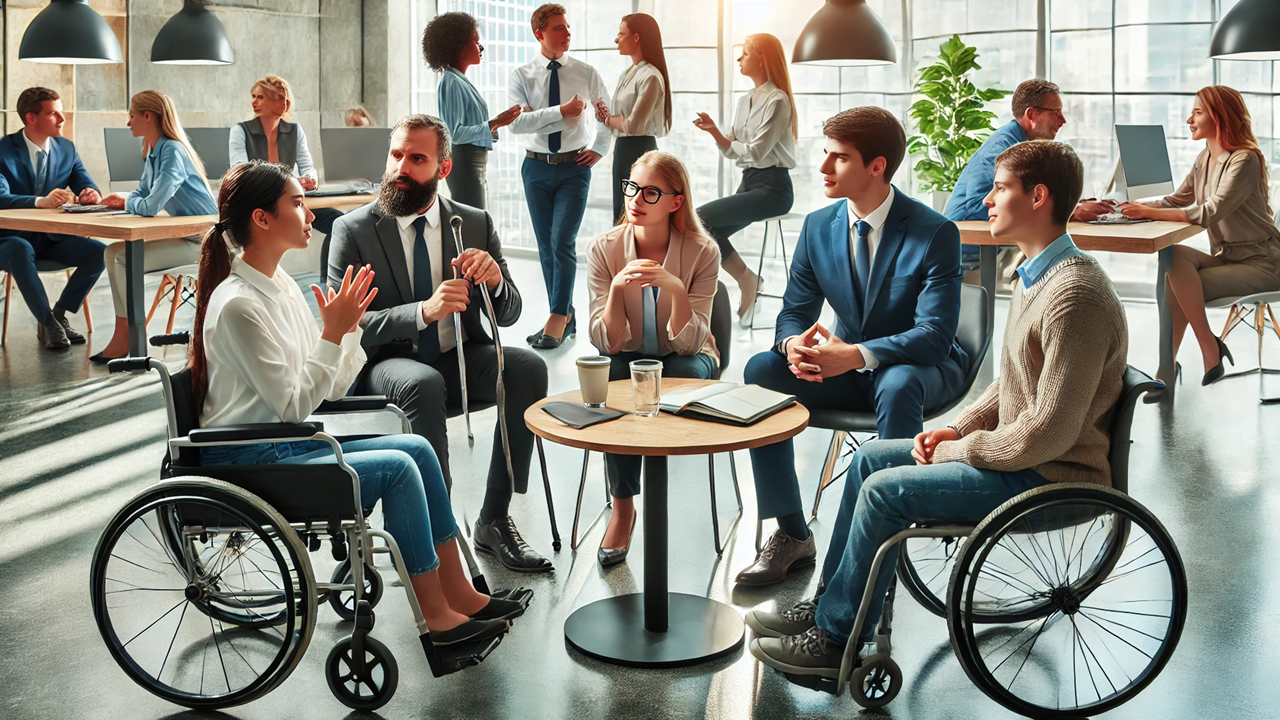Migration and Disability Rights Groups Unite in Southeast Asia to Address Barriers Faced by Persons with Disabilities in Labour Migration
The sessions were designed to foster collaboration between migration and disability advocacy groups, focusing on issues of gender equality and disability inclusion within the labour migration sector.

For the first time, migration and disability rights groups across five Southeast Asian nations have joined forces to address the unique challenges faced by persons with disabilities in labour migration. A series of capacity-building workshops, held from March to September 2024, was conducted in Cambodia, Lao People's Democratic Republic, Myanmar, Thailand, and Vietnam. The training sessions, organized by the International Labour Organization’s (ILO) TRIANGLE in ASEAN programme, were supported by the governments of Australia and Canada.
The sessions were designed to foster collaboration between migration and disability advocacy groups, focusing on issues of gender equality and disability inclusion within the labour migration sector. These marginalized groups—migrant women, individuals with diverse sexual orientations and gender identities, and migrants with disabilities—are often excluded from regular migration pathways. As a result, they are more likely to be pushed into informal employment, where labour protections are minimal or nonexistent.
Rebecca Napier-Moore, Technical Officer for the ILO TRIANGLE in ASEAN programme, emphasized the importance of solidarity between these groups to address entrenched discrimination. "Persons with disabilities often face prejudice from recruitment agencies, employers in destination countries, and even migration policies themselves. These trainings brought groups together for the first time, allowing them to learn how to better support each other and break down barriers," she explained.
Participants praised the practical and transformative nature of the workshops, which allowed them to better understand the needs of diverse groups. Nguyen Xuan Thai, Head of the Employment Unit at Ha Tinh Department of Labour, Invalids, and Social Affairs, said, “This training helps us better counsel persons with disabilities seeking jobs abroad. It provides practical tools for our work.”
The training highlighted the diversity of the migrant population and their varying needs. Thet Thet Aung from the Bago Migrant Worker Resource Centre in Myanmar shared how the sessions broadened her perspective: "We now have a better understanding of the diverse experiences of people with disabilities and different gender identities, aligning with the UN's principle of 'leaving no one behind'."
In addition to learning, participants were able to build valuable networks. Khun Vanet, from the Children and Women Forum for Persons with Disabilities in Cambodia, spoke of how the training connected her with key players from governmental and non-governmental organizations, such as the Ministry of Labour and Vocational Training and the ILO, from whom she can seek future advice and support.
Moving forward, many participants expressed a commitment to implementing their new knowledge and advocating for more inclusive policies. Suree Monta from the Employers’ Confederation of Thailand noted the need for a shift in mindset, stating, "We need to ensure everyone is treated equally. I plan to push for policies promoting disability inclusion."
The TRIANGLE in ASEAN programme aims to maximize the positive contributions of labour migration to equitable growth across the region. These training sessions are part of the programme’s broader mission to address gender inequality and ensure that individuals of all abilities and identities benefit from migration opportunities.
“These capacity-building workshops are just the beginning. Going forward, we will work to further integrate gender equality and disability inclusion into migration policies and practices across ASEAN,” said Napier-Moore.










